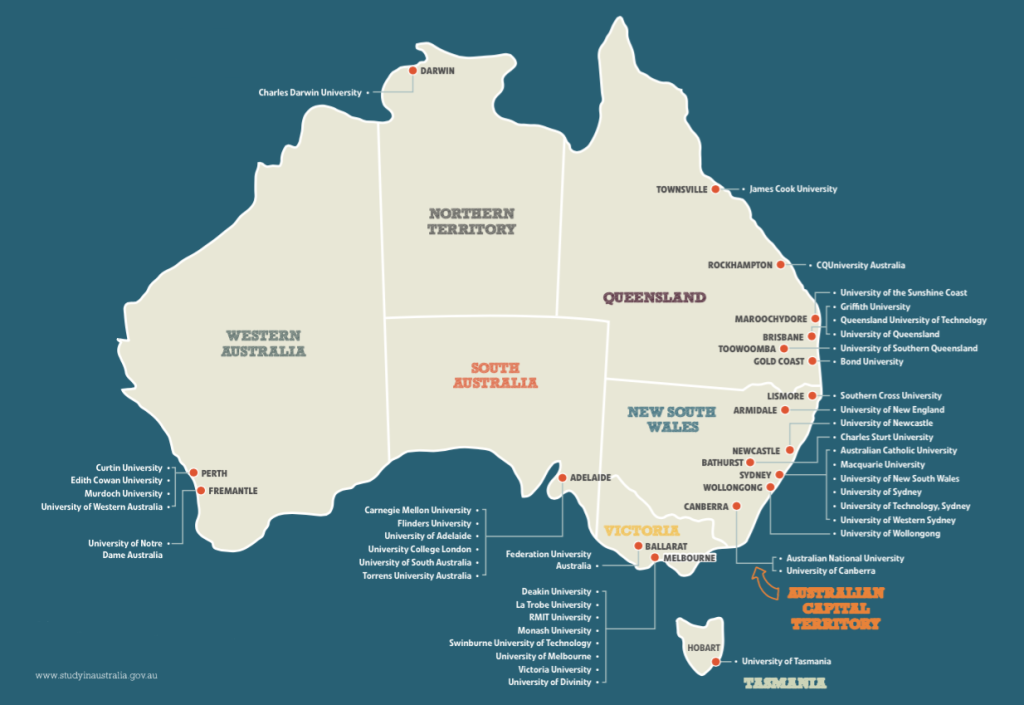Singapore Profile
Population: ~5.9 Million (2025 est.)
Capital: Singapore (city-state)
Largest City: Singapore (city-state)
Area: 728.6sq km
Major Language: English, Mandarin, Malay, Tamil
Major Religion: Buddhism, Christianity, Islam, Taoism, Hinduism, Irreligious
Life Expectancy: 81 years (men), 86 years (women) (UN est.)
Monetary Unit: 1 Singapore Dollar (SGD) = LKR 270.00 (approx., 2025)
Main Exports: Electronics, refined petroleum, machinery, pharmaceuticals, financial services, ICT products
GNI Per Capital :~US $68,000 (World Bank est., 2024)
International Dialing Code: +65
Partners

Universities





